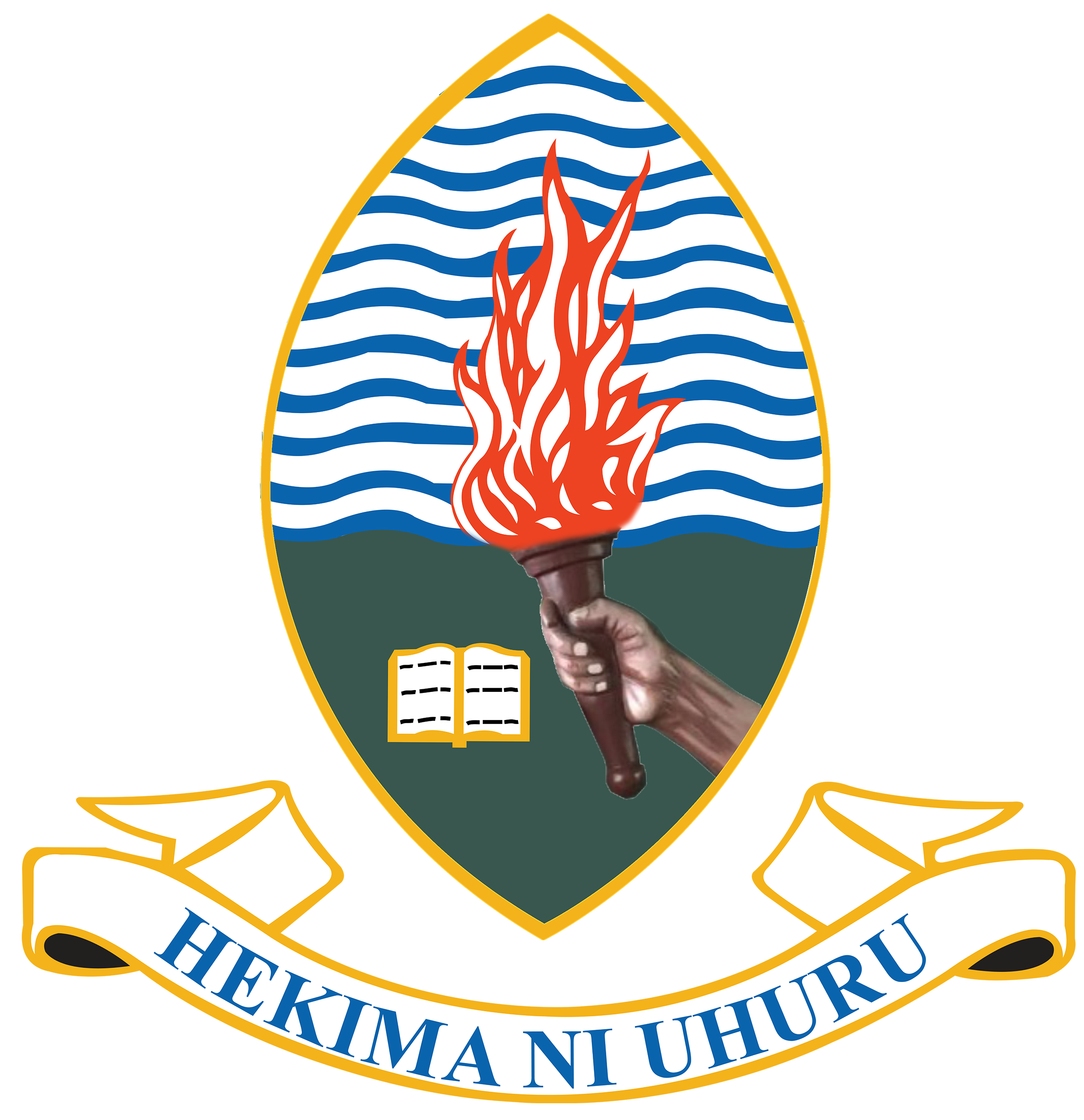Arduino Programming for IoT Industrial Applications
Program Description
Have you ever wanted to automate industrial processes? Do you get fascinated by how intelligent traffic lights operate to control movement of vehicles adaptively depending upon the traffic load? Together with many other examples, Arduino provides cost-effective and portable platform to address real-world challenges. The platform contains hundreds of open source libraries that you can easily use to write shorter and efficient codes for different interesting electronics projects. Compared with other platforms in the market, Arduino supports several add-on boards that accelerate development of larger projects, including those suitable for practical industrial applications. This course introduces the Arduino platform and provides core concepts you can apply to develop and implement small and advanced projects. The course, in addition, explores the capabilities of Arduino to design and implement Internet of Things (IoT) industrial applications. You will understand how Arduino can be programmed and interfaced with IoT devices that directly or indirectly interact with the real world. The course provides important fundamentals of Arduino to quickly getting started.
Qualification
This professional training targets students and graduates in ICT fields, hobbyists and practitioners in electronics, consultants in ICT industrial projects, electronics and telecom engineers.
Fee Structure
TZS 200,000 per participant
Career Prospect
This professional training prepares trainees to work with, and provide consultancy in, industries, companies, organizations, or institutions dealing with ICT or engineering fields.
Outcomes
Upon successful completion of the training, participants are expected to gain professional knowledge and skills to perform the following tasks:
- Describe working principles and operations of Arduino;
- Develop programs for Arduino;
- Program Arduino for specific industrial applications;
- Describe IoT and explain its potential applications and use cases;
- Interface Arduino with IoT devices; and
- Develop a fully functional IoT industrial application based on Arduino.

